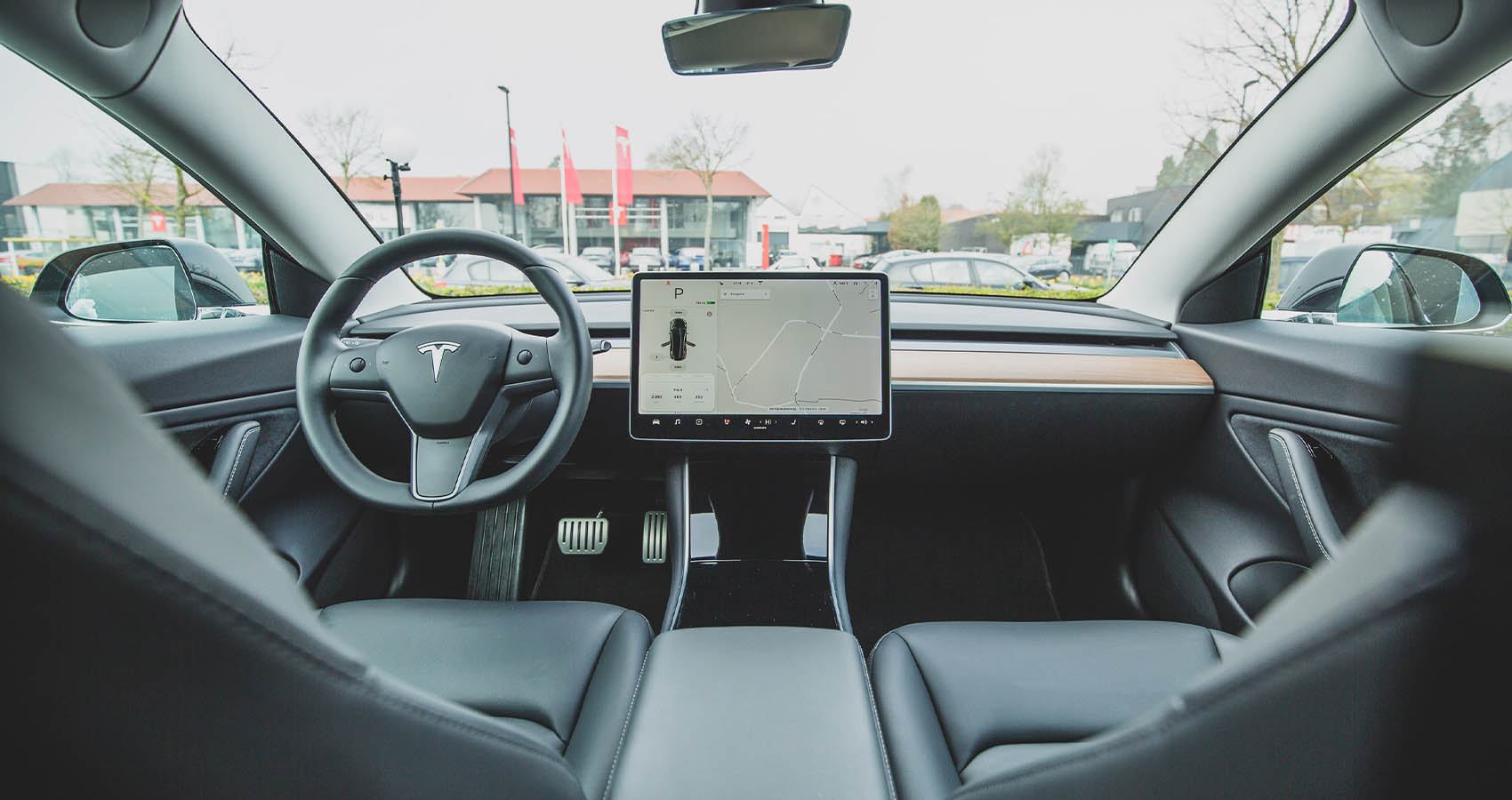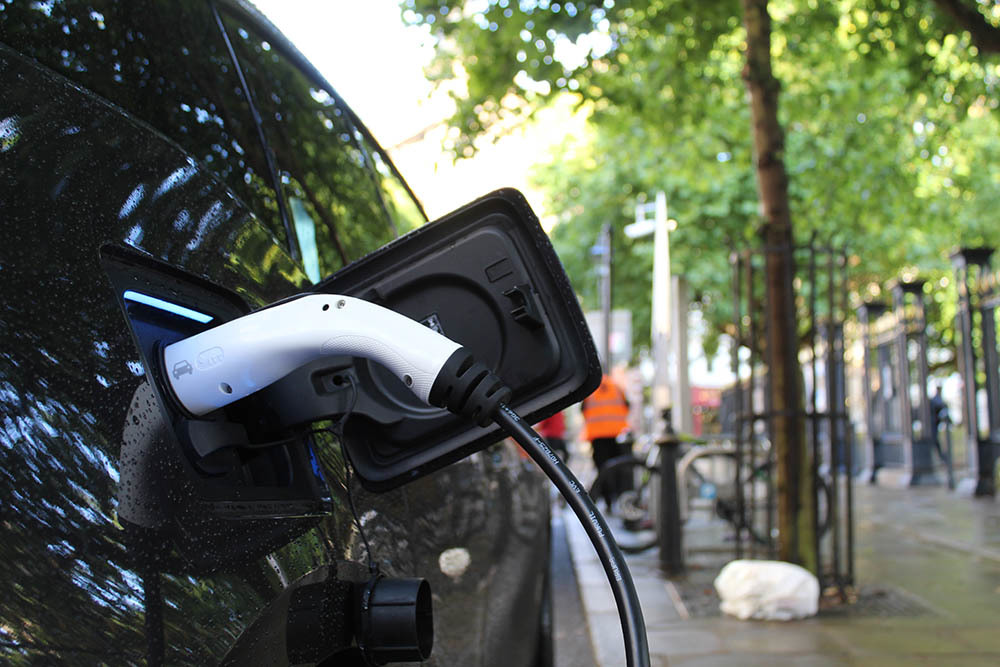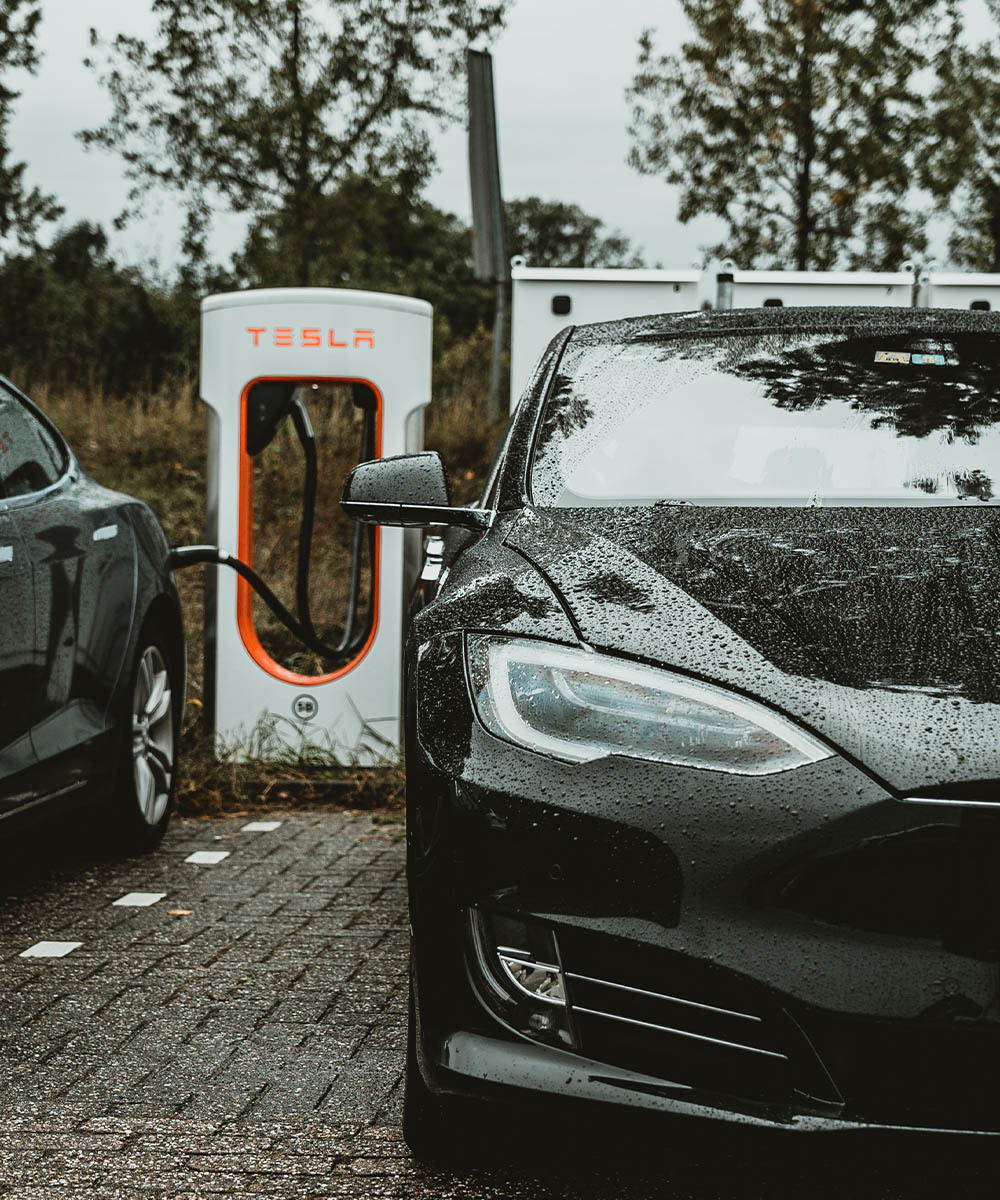
Spotlight on Electric: 7 Reasons Why you Should Make the Switch
Save you more than money in the long run.
Now more than ever, the pressure is on to go green. Emissions are noticeably taking their toll on public health, the environment and the world as a whole, so much so that the UN has issued a “red alert”. The climate crisis is real, and the automotive industry has a part to play as governments move to a zero-emissions landscape.
Making the switch from your traditional combustion engine to electric isn’t a small ask. In some ways, it’s about letting go of everything you know about driving. But more than that, it’s investing in technology that at face value isn’t that affordable but will save you more than money in the long run.
Here are 7 reasons why you should make the switch to electric:
Electric cars are cheaper to run

While the upfront costs of an electric vehicle (EV) may be more than your average combustion engine car, the day to day running costs are significantly lower.
Most EV owners will naturally choose to charge their car overnight in preparation for the next day, so you can make the most of the lower electricity unit rates while you’re at it! What’s more, it’s estimated that to fully charge your EV at home will cost only a few pounds:
- A dedicated home charging point will allow you to fully charge a 40kW battery for £4.80
- A 200-mile drive would cost you 3p (on average) per mile, compared to 9-12p to fuel a typical petrol car
- You could save up to £1,000 per year on fuel alone
Environmentally friendly driving
One of the biggest selling points of an EV is that they are environmentally friendly. Pure electric cars produce zero tailpipe emissions for a start, so driving around in an EV will help to improve air quality by reducing harmful CO2 and NOx emissions.
With other taxes on the rise (we’ll get to that!), and more and more cities adopting zero-emission driving zones such as the world-leading Ultra Low Emission Zone (ULEZ) in London, there are more costs to driving than ever before. Prices to drive in the capital can set you back £12.50 per day if your vehicle doesn’t meet the strict emissions policy in force.
Zero road tax to pay & other incentives

If you needed more incentives to get behind the wheel of an EV, then you’re in luck! Zero-emission vehicles that cost less than £40,000 are exempt from paying road tax. Anything over that price will set you back £340 per annum for the first five years of ownership - after that, they are also exempt.
You see, all car owners in the UK must pay Road Tax, also known as Vehicle Exercise Duty (VED), to legally drive. Road Tax is based on emissions, so if you own an EV (below the £40k threshold), then you won’t have to pay a penny. In comparison, most owners of conventional cars can pay up to £1,000 a year.
Businesses can also take advantage of the EV savings through Benefit in Kind (BIK) for fully electric company vehicles.
Then there is the Plug-in Car Grant (PICG) to soften the blow. The government scheme offers up to £2,500 towards the cost of a brand new electric vehicle. Combined with a decent car finance deal, whether that’s a standard personal loan, Hire Purchase, a Personal Contract Purchase or a car finance deal, you can get your hands on a brand new EV without breaking the bank! Options for bad credit car finance are also available if your credit history isn’t that great.
More choice & capability
It’s safe to say that Tesla has been dominating the EV market ever since the Roadster first made its sensational debut back in 2012. But they are not alone in the market. Today every known car manufacturer around the globe has stepped up to the challenge, and everyone from Audi to Volkswagen is leaving their mark.
With VW committing to 70% of all new cars in Europe to be fully electric by 2030, Ford announced that every vehicle sold in Europe will be “zero-emissions capable” by 2026 and 100% of Honda’s European sales be fully electric by 2022, the race is well and truly on full throttle.
What’s more, battery technology has improved exponentially over the past five years. Manufacturers are now turning to battery data analytics to ensure high-quality battery development, making range anxiety a thing of the past. With more and more Rapid Charge facilities sprouting up throughout the country, you can have your EV ready to take on the road within minutes in some cases.
Safest cars on the road

Yes, electric vehicles are subject to the same rigorous testing and safety standards required for both petrol and diesel cars, but guess what? Most new EVs have been awarded the maximum five-star rating from Euro NCAP - the authority on vehicle safety.
You’ll quickly find that most EVs on the market score top marks in every crash test, and they sport all of the latest driver assistance and safety features to keep you safer on the roads. You can expect autonomous emergency braking (AEB), parking assistance, lane-keep assist, adaptive cruise control and overtaking, and blind-spot sensors as standard for most electric cars available on the market.
No more waiting in line at the petrol station
Switching to an EV frees you from whiling away the minutes at the petrol station waiting for fuel, or as we all experienced in September 2021 with the fuel crisis, running out completely!
With more and more businesses providing charge points so you can charge your battery at the office, as well as at the supermarket, or as you park in town, you can always keep your EV fuelled without wasting time in a queue. What’s more, you can fully charge your battery overnight from the comfort of your own home! Win, win.
Smooth driving experience

Despite saying goodbye to the gearstick, EVs offer a supremely smooth driving experience. An EV motor makes very little noise to the point manufacturers are adding sound generators to ensure pedestrians and other road users can hear you coming!
With the design taking into consideration the weight of the batteries, there is more emphasis on suspension than their petrol or diesel counterparts. The batteries are mounted low in the car, and the electric motor takes up far less space than an engine, so you get more space within the passenger and driving compartment for optimum comfort.
Electric vehicles are quickly becoming more and more popular. With their low running costs and numerous tax incentives, there’s a lot to get excited about. Are you ready to make the switch?











